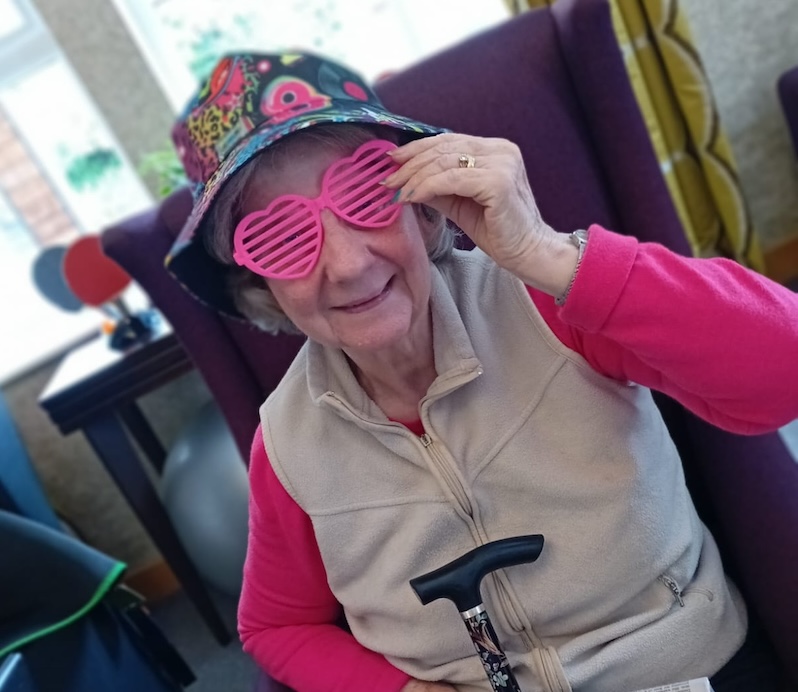Why Personalised Care Plans Are Essential in Care Homes
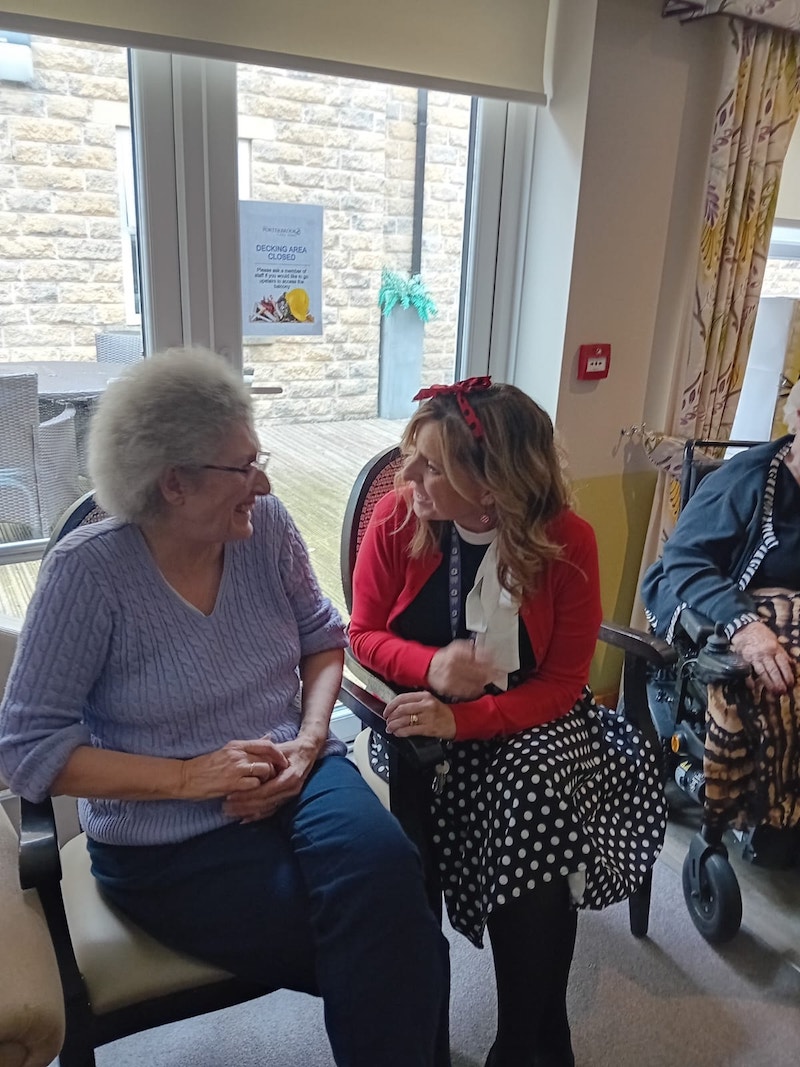
Making the decision to move into a care home is a significant step, both for the individual and their family. Naturally, people want to feel reassured that the care provided will reflect not just medical needs, but who they are as a person. Personalised care plans are a thoughtful, evolving approach to support that places the resident at the heart of their care. In the current care environment where every individual has their own history, preferences and needs, personalised planning is vital for ensuring residents feel safe, respected and truly at home. In this blog, we’ll explore how personalised care supports well-being, builds trust between residents and care professionals, and contributes to an improved quality of life.
Understanding the Importance of Personalised Care
Personalised care means putting the person at the centre of their care journey. It recognises that no two people are the same, even if they are living with similar health conditions or diagnoses. This approach is important in care homes, where residents often require a wide range of services, from support with daily routines to more complex health interventions.
Focusing on the individual through personalised techniques will encourage them to play an active role in their own care journey. This is essential for delivering high-quality care and maintaining their identity and dignity. A personalised plan helps to bridge the gap between clinical treatment and emotional well-being, supporting the residents’ health in a way that respects their whole life story.
Care homes that prioritise personalised planning create space for open conversations, shared decision making, and support that genuinely reflects a person’s own preferences. This is especially vital for people living with long-term conditions such as dementia, who may need care that adapts over time as their mental and physical health needs change.
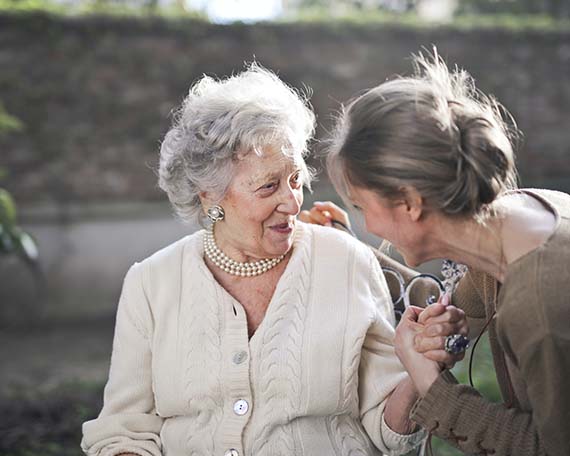
The Development Towards Person Centred Care Over Time
Older models of care have often leaned towards routine, structure and efficiency. While those elements have their benefits, they can sometimes leave little room for the individuality of the people receiving care. Person-centred care addresses this by making sure that services are tailored around what each person values most in life and their own health needs.
This could include practical daily choices, such as what time someone prefers to wake up and go to sleep, but also more meaningful aspects, including what daily activities bring them joy or comfort. A resident who spent their career outdoors might feel most at home in a garden space, while another might be happiest spending quiet time reading or listening to music. These personal touches can make all the difference to someone’s well-being and sense of self.
A personalised care plan ensures that these preferences aren’t just noted once; they become a regular part of care and support planning. This way, the residents’ choices are respected not just by one member of staff but by every professional who supports them. That level of consistency helps build confidence, trust and a genuine sense of home.
How Personalised Care Plans Help Build Relationships in Care Homes
When care professionals take time to understand and respond to what matters to each person, it creates stronger and more trusting relationships. Residents feel respected, listened to and involved in decisions that affect their everyday life. That’s especially important when someone may feel vulnerable or uncertain about receiving care in a mixed community for the first time.
Through structured support planning, staff and residents can work together to ensure care plans are meaningful and achievable. This helps prevent misunderstandings and allows concerns to be addressed quickly and compassionately. Whether someone has recently moved in or has been living in the home for some time, knowing that their voice matters can have a significant impact on their mental health and emotional well-being.
Trusting and effective relationships also make it easier to identify when a person’s needs are changing. If a resident begins to withdraw from activities they used to enjoy, or shows changes in appetite or sleep patterns, care professionals who know them well will spot those shifts sooner. Their care plan can then be reviewed and adapted to offer more emotional support, further assessments or changes in physical health treatment. By using digital care plans, teams can spend more time focusing on building relationships and providing exceptional care instead of completing paperwork.
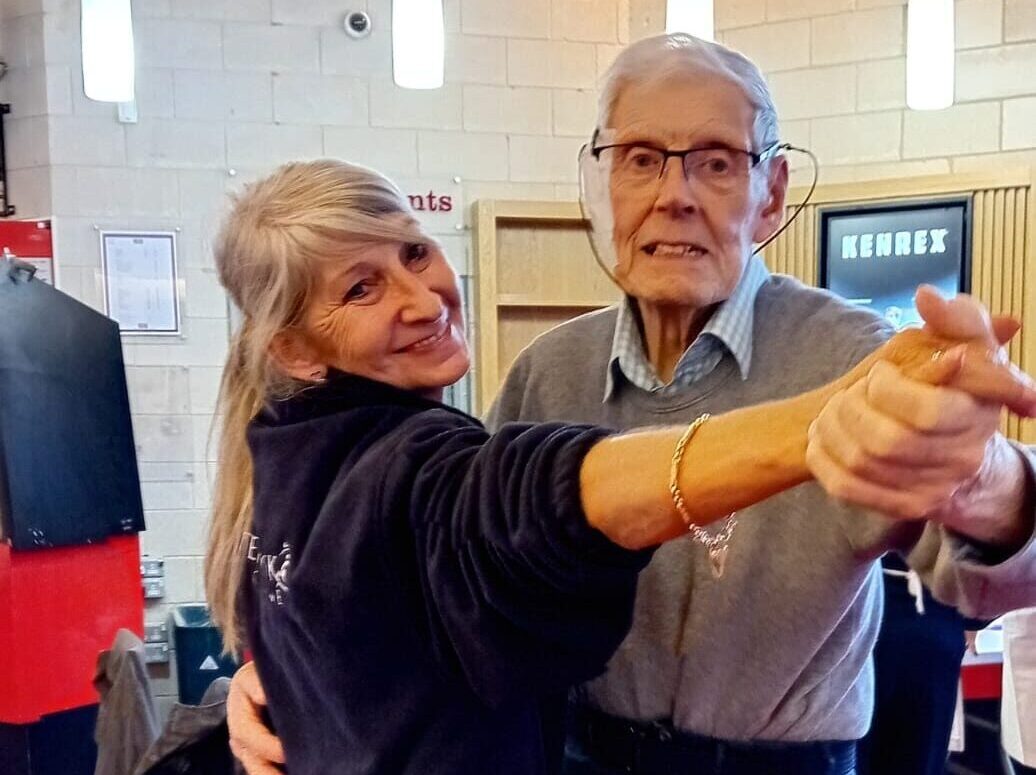
Providing Peace of Mind to Loved Ones
For many families, one of the most important aspects of choosing a care home is the reassurance that their loved one will be well looked after, not just physically, but emotionally and socially too. By clearly outlining how support will be delivered in a way that reflects the individual’s values, needs and preferences, it helps families feel confident that the care their relative receives is not only safe, but deeply respectful of who they are.
This transparency and responsiveness are especially valuable when a person is living with long-term conditions or complex support needs. Seeing that the care home takes a collaborative approach and works closely with wider community services and health professionals brings an added layer of comfort. Families can be confident that their loved one is supported in a setting where their whole personality is considered, not just their diagnosis or treatment.
Our Personalised Care Approach at The Porterbrook
At The Porterbrook Care Home in Sheffield, we are proud to incorporate personalised care into every part of daily life. From the moment someone first arrives, our team begins developing a bespoke care plan in partnership with the resident and their loved ones. This includes not only clinical information, but details about their history, lifestyle, preferences, routines and the little things that make someone feel truly at home. Whether someone receives residential care, dementia care or respite care at our luxury South Yorkshire care home, they can feel confident that they can lead a happy and fulfilling lifestyle around the clock.
Our luxurious yet welcoming environment has been designed to offer residents variety and choice and includes a variety of amenities from our beautiful piano bar and reception area to our outdoor areas and hair salon. Whether residents are watching their favourite film in our cinema room or taking a scenic trip in our private car, every part of life at The Porterbrook reflects our belief in personalised care and support.
We work closely with a range of health and care professionals to ensure that each care plan is up-to-date, evidence-based, and responsive to changes in the person’s health and well-being using our digital care systems. Our goal is to create not just a safe environment, but one that enables people to feel fully involved and genuinely supported to live with purpose and peace of mind.
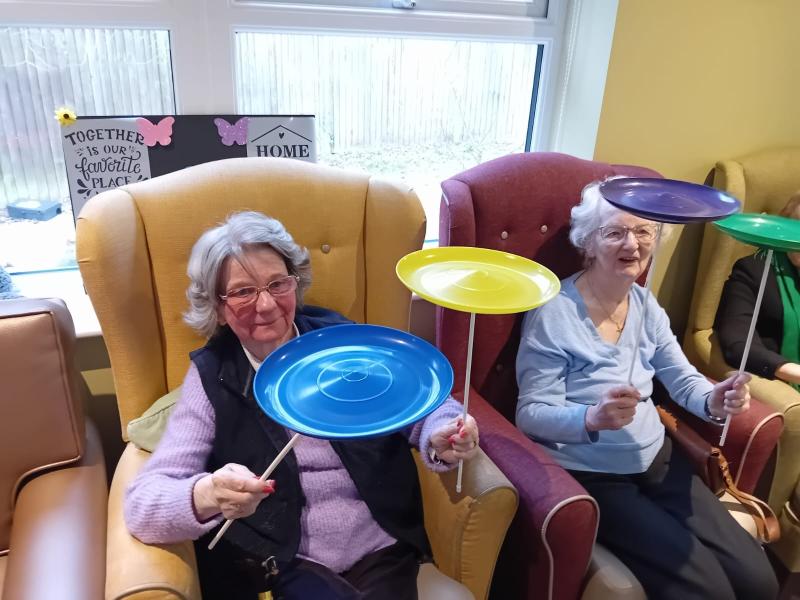
Book a Tour Today!
If you’d like to learn more about how our personalised approach could support you or someone you care about, we’d be delighted to welcome you for a visit and answer any questions you may have.




